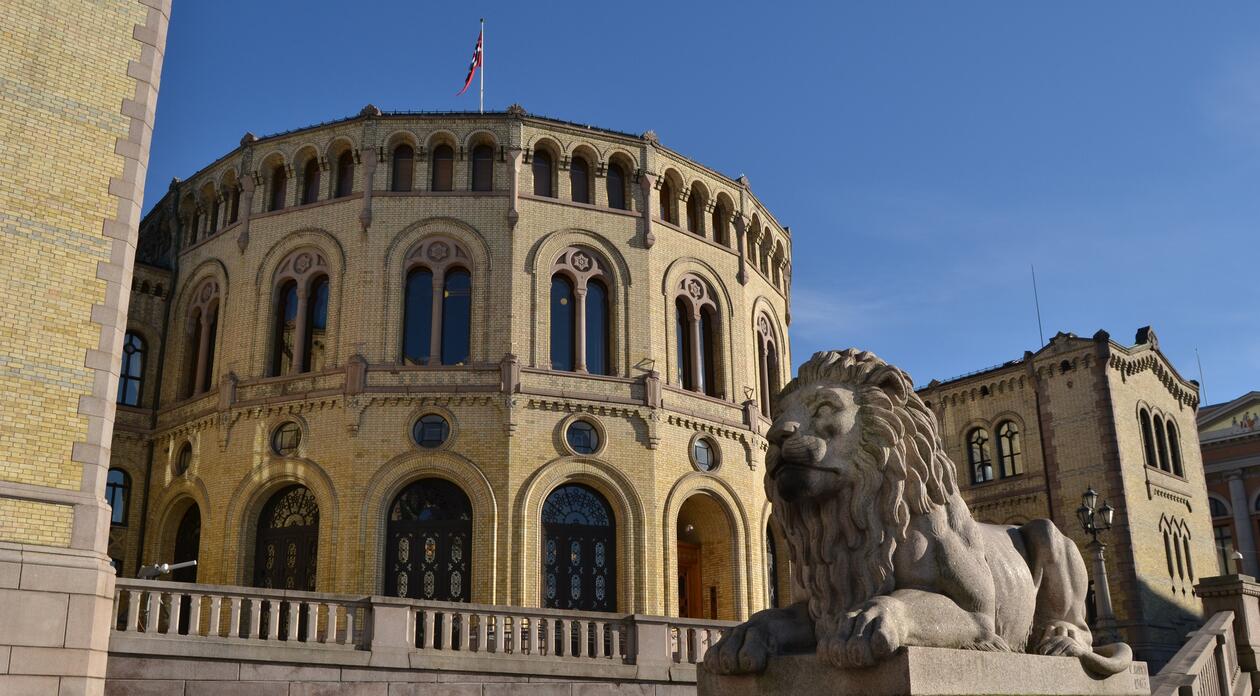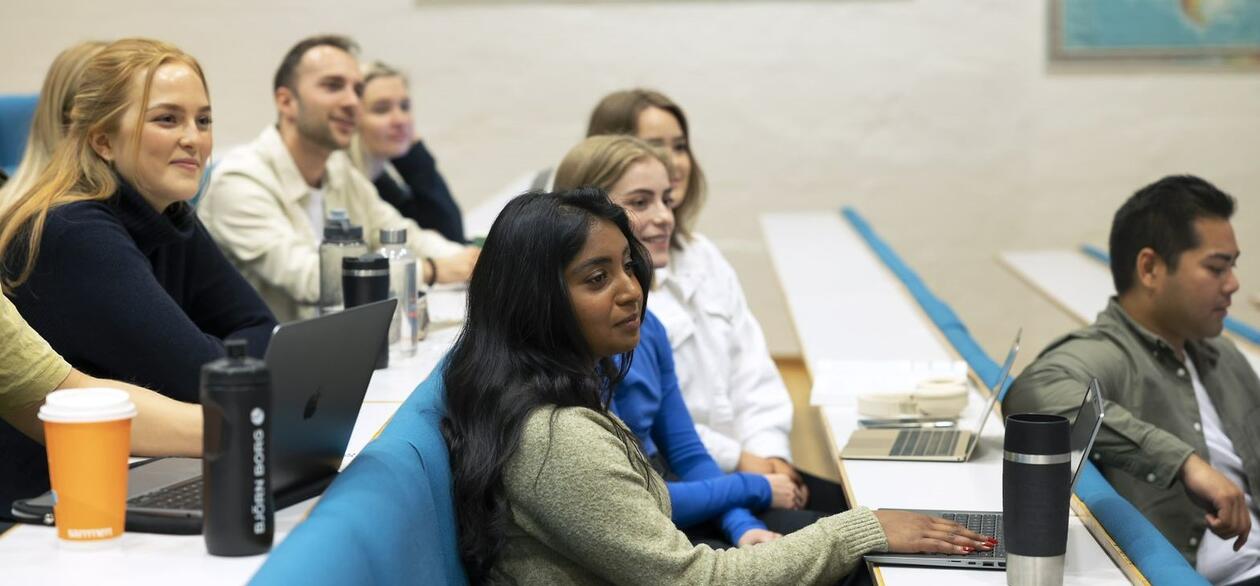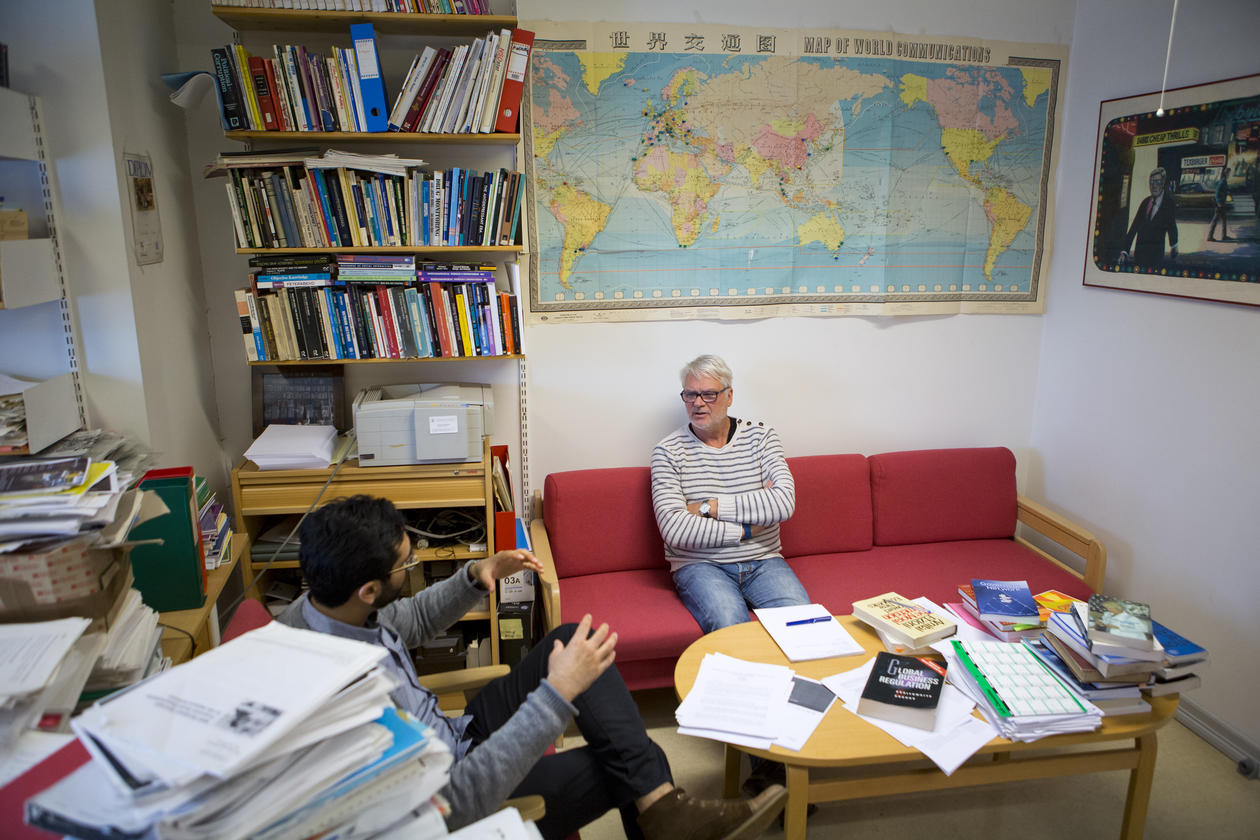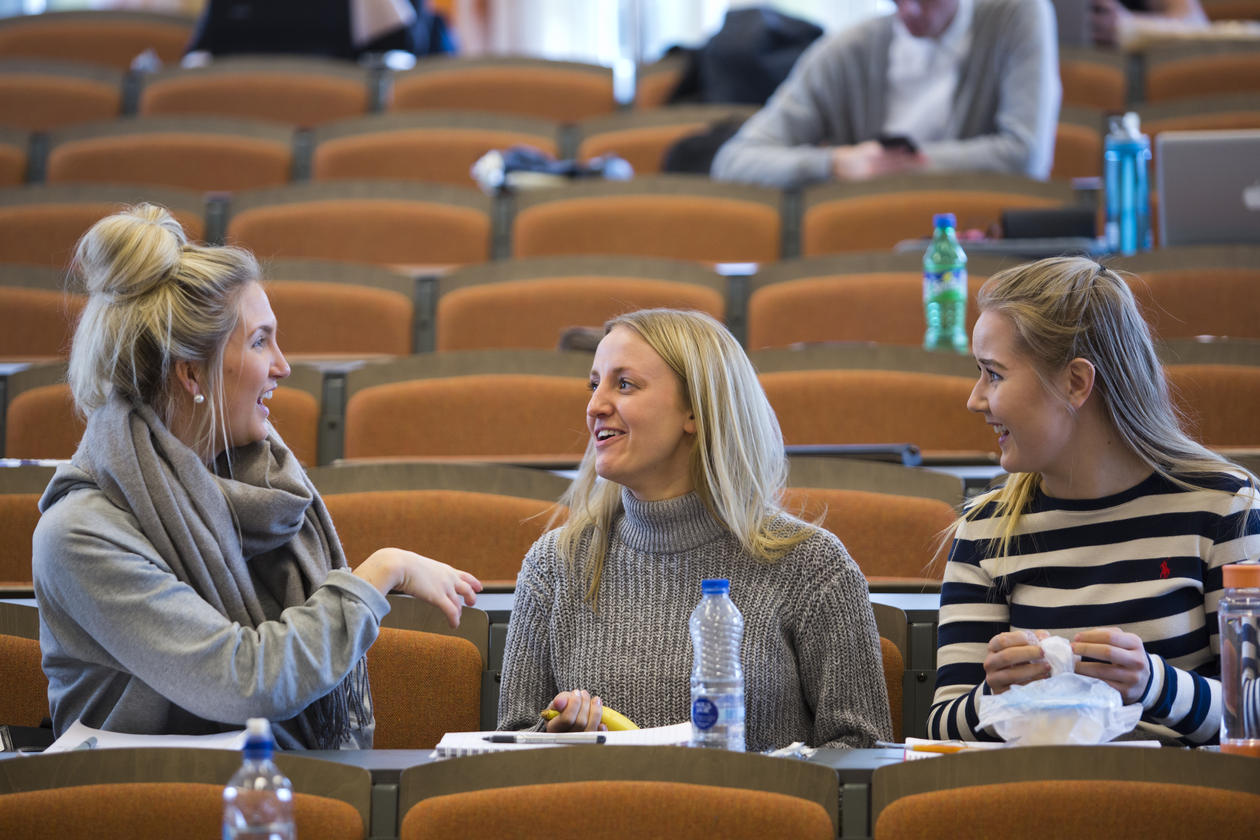Politics and governance - Political science in Bergen
How can we effectively address significant societal challenges like climate change, pandemics, emerging technologies, and threats to our infrastructure? Are our democratic institutions resilient enough, and what are the boundaries for government intervention?

Main content
At the Department of Government, we focus on understanding the structure of political institutions, the key participants in politics, the influential political values and attitudes, and the mechanisms for policy implementation. We also explore the relevance of administrative organization for addressing challenges related to health, education, climate, and welfare. Additionally, we examine the significance of the European Union (EU) and other international organizations for Norwegian politicians and administrators, and their implications for decision-making and the scope of their actions. These issues hold considerable importance to us at the Department of Government.
What is the study of politics and governance?
The study of politics and governance encompasses the examination of political science theories related to political institutions, democracy, organization, public administration, and public policy. It delves into the execution of political activities and policy implementation, exploring the actions of governmental bodies such as parliaments, ministries, legislative and judiciary branches, and local governments. The field also assesses the functionality of public services such as the police, healthcare systems, environmental protection organizations, courts, social services, and educational institutions. Additionally, it investigates the roles, competencies, resources, and decision-making capabilities of individuals working in public administration, as well as the relationship between the state and its citizens. Public administration can operate at various levels, including local, regional, national, and international entities like the EU and other international organizations.
The study of politics and governance also encompasses the analysis of public policies' development, the exercise of power and decision-making, the influence of values and interests, and the functioning of political processes. It examines the impact of decisions made at different levels on society and its inhabitants. This field of study also includes the exploration of political ideas, theories, and ideologies, and how they shape political action and the functioning of political institutions.
Are you interested in studying political science at the University of Bergen? We offer 4 study programmes.
One-year study in politics and governance
The one-year study in politics and governance consists of 60 ECTs over two semesters. The study provides a basic understanding of relevant issues within political science. Politics and governance is a specialised field of study focusing on politics, administration and organisastions. The one-year study does not provide the student with a degree but can be used as a part of the bachelor's degree if the student applies for internal transition. This programme is taught in Norwegian and you must document Norwegian language proficiency to be considered for admission.
Bachelor's programme in politics and governance
This programme consists of 180 ECTs and spans over three years. During the three years the students will learn about organisation theory, Norwegian politics, public administration on a local, national and international level, democracy theory and political theory, governance, civil and societal protection, environmental protection and climate, health and welfare, and themes such as gender and politics, knowledge and politics, and law and politics. The students will gain insight into how organisations work, as well as how public governance and policies are implemented. This programme is taught in Norwegian and you must document Norwegian language proficiency to be considered for admission.
Master's programme in politics and governance
This is the Norwegian master's programme at the Department of Government. The programme consists of 120 ECTs and spans over two years. The students learn to work independently with analyses of politics, administration and organisations. The students choose their own subject and method for the master thesis wherein they can write about local, regional, national and international issues. This programme is taught in Norwegian and you must document Norwegian language proficiency to be considered for admission.
Master's programme in Politics and Governance of Global Challenges
This is the English master's programme at the Department of Government. The programme consists of 120 ECTs and spans over two years. The students learn about global challenges and "wicked problems" such as inequality, climate change, migration and pandemics, and how different regimes approach these. The students will be involved in project based learning and will have the opportunity to choose an internship and exchange, as well as writing their master thesis on a subject of their own choice.
What do you learn by studying politics and governance?
Studying politics and governance equips students with a solid foundation in political science and political theory. Our programs cover a wide range of topics, including political systems, public administration, organization, intergovernmental relationships, citizen-state dynamics, and the intersection of law and politics. Students also delve into studies of democracy, participation, and political attitudes and behavior. At the Department of Government, you will gain insights into politics and administration within Norway, as well as on the European and international levels. Additionally, you will develop proficiency in various social science research methods.
The comprehensive curriculum and rigorous methodologies offered in our programs will equip you with a strong foundation in political science, making you a competitive candidate for a variety of career paths. Upon completing your degree, you will be qualified for positions in organizational development, change management, and leadership roles in both the public and private sectors. You could pursue opportunities as an advisor or case worker in international organizations, ministries, municipalities, or private companies. Your education will also prepare you for employment in the field of politics or enable you to pursue a career in teaching or research at universities, colleges, or research institutes. The versatility of your education opens doors to a wide range of professional opportunities.

About the Department of Government
At our department, we have a dedicated team of approximately 50 scientific employees who are actively involved in teaching, advising, and conducting research on a variety of subjects. Currently, we have a vibrant community of around 330 students. As of March 2023, there are 18 students enrolled in the one-year study programme, 225 students in the bachelor's programme, 62 students in the Norwegian master's programme, and 23 students in the English master's programme.
Our research projects encompass a broad range of areas, focusing not only on the Norwegian context but also on politics and governance in Scandinavia, Europe, Africa, North and South America, and Asia. These projects involve esteemed professors, associate professors, PhD candidates, postdoctoral fellows, and students working on their master's theses.
Here are some examples of the topics we study in our projects:
- Knowledge institutions and education
- Civil protection and societal preparedness
- Health and welfare
- Democracy and participation
- International organisations
- Child protection services
- Gender and political representation
- Climate policies, environmental protection and sustainability
- Digitalisation and the use of artificial intelligence
- Municipal organisation and politics
- Administration reforms, administration, and governance development
We warmly welcome you as a student to our department, where you will have the opportunity to learn from and engage with dedicated and skilled teachers, researchers, and fellow students.


